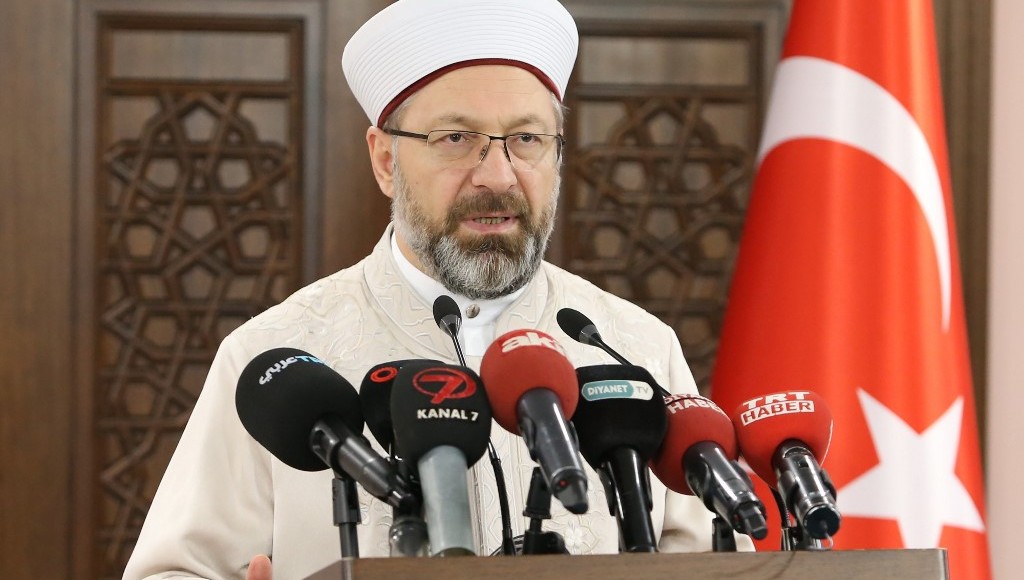Turkey’s Directorate of Religious Affairs (Diyanet), whose budget exceeded seven out of 17 Turkish ministries in 2023, made a visit to Sweden, Norway and Denmark earlier this month but kept it secret for fear of sparking criticism, the Birgün daily reported on Tuesday.
The trip, which took place between February 8 and 13, comprised a large group of participants, including Diyanet President Ali Erbaş and his wife, Seher Erbaş, as well as vice presidents Kadir Dinç and Selim Argun. They were accompanied by a private secretary and protocol security and press teams.
The Diyanet budget covered the airfare, hotel expenses and daily allowances for the participants.
Birgün said the purpose of the trip was to participate in the general assemblies of foundations affiliated with the Diyanet in Sweden, Norway and Denmark and that the directorate didn’t release a public statement about it due to concerns that it would spark criticism about the wasting of taxpayers’ money.
Participants of the visit were reportedly instructed not to post anything about their trip on social media.
The secret trip comes after Finance Minister Mehmet Şimşek asked public agencies to abide by cost-saving measures in a circular sent in July. He said institutions should re-evaluate all expenditures, except for earthquake-related expenses, adding that cost-saving measures would be strictly enforced.
The Diyanet is often criticized for its lack of independence from political influence and for using Friday sermons to advance government narratives.
As with all government institutions, the Diyanet underwent major purges of non-loyalist employees following a failed military coup in July 2016.
The results of a recent survey conducted by a pro-government union revealed that 80 percent of Diyanet employees claim there is favoritism within the directorate, while only 7 percent state the opposite.
The directorate is also criticized for excluding religious minorities such as the Alevis, despite being funded by taxpayers from all faiths.
Benefiting from a bigger budget than most government agencies, it also operates a sizeable network of mosques in Western Europe that has been accused of spying on government critics living among diaspora communities.
